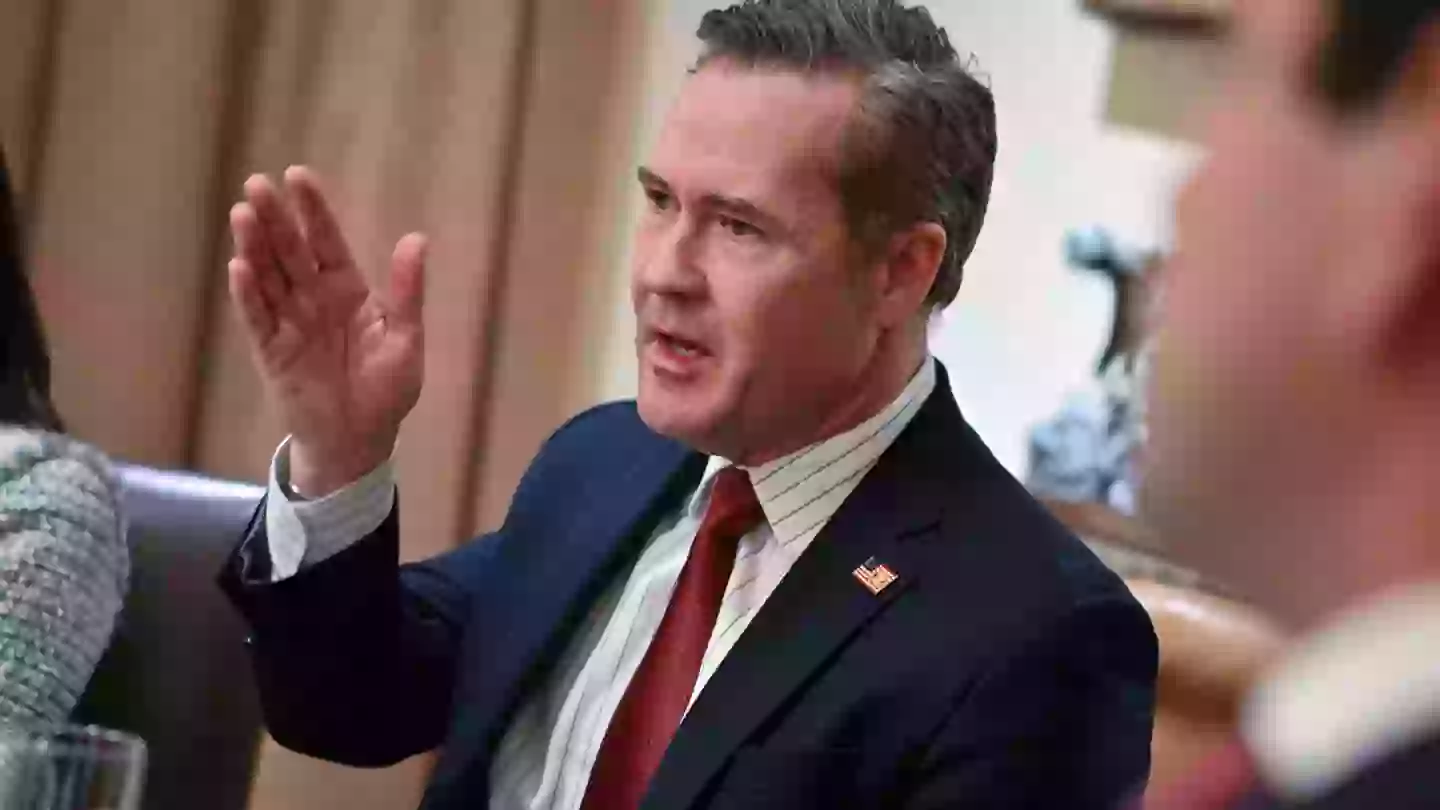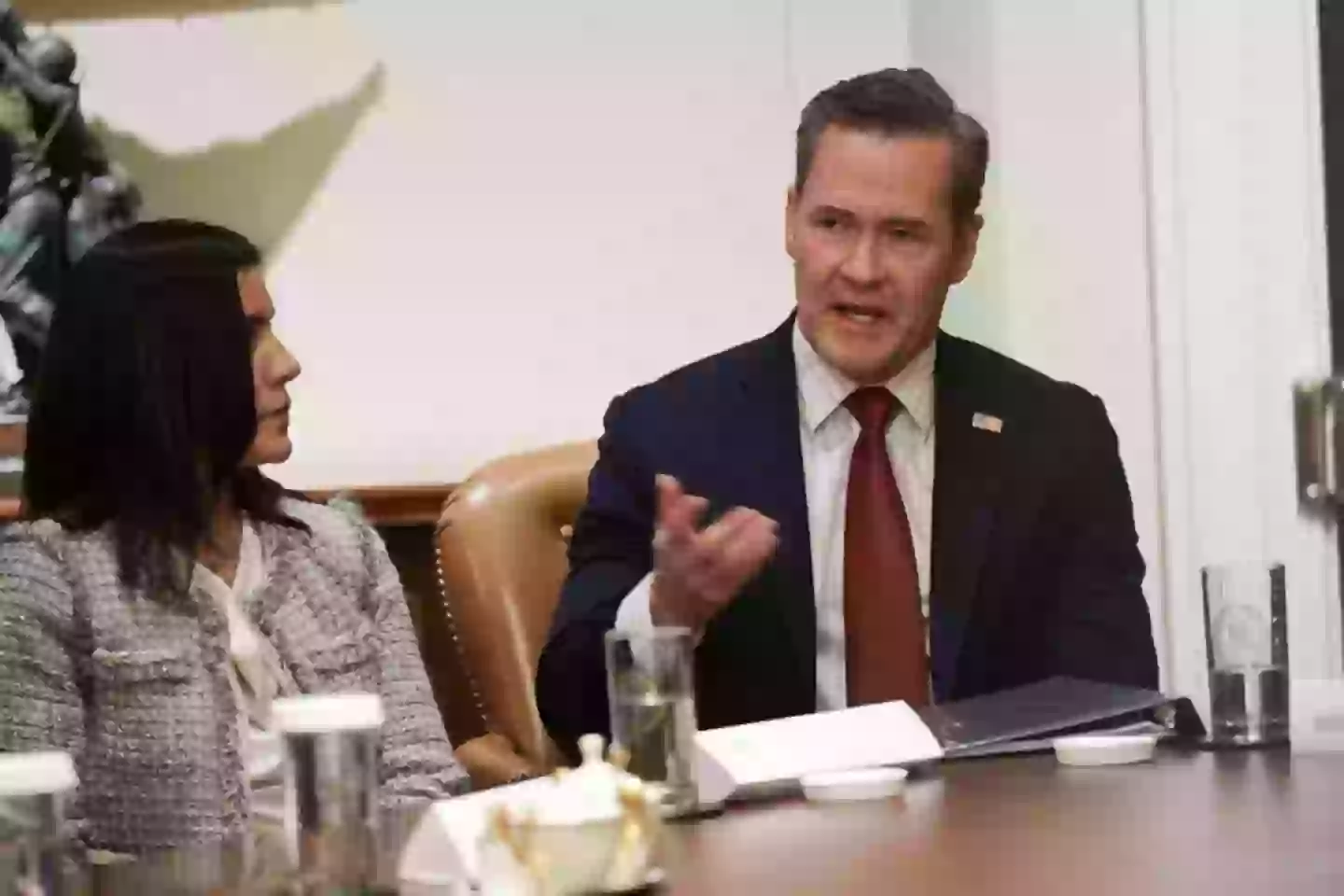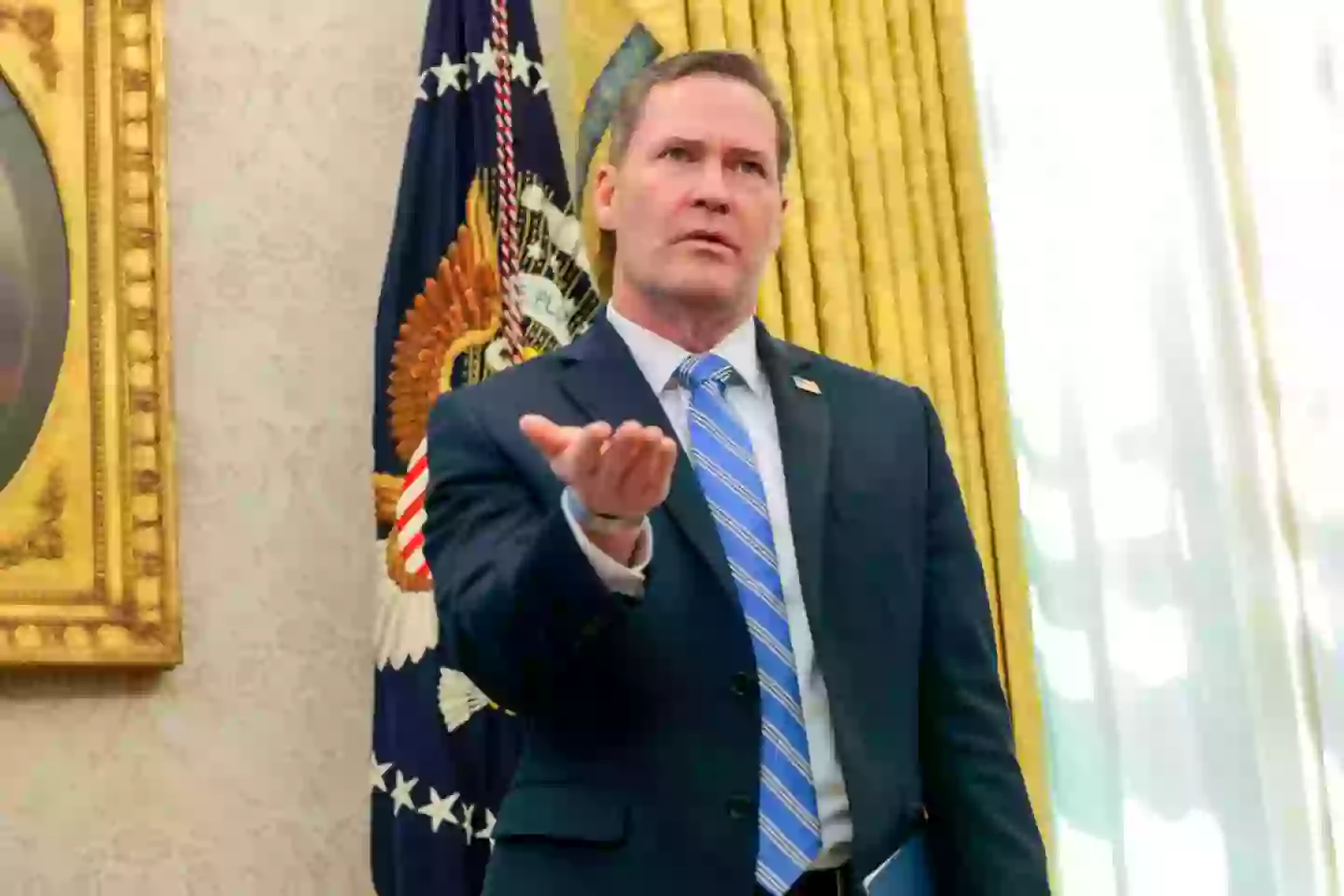
Mike Waltz, the National Security Advisor of the United States, allegedly left sensitive information from his Venmo account open to the public amid the news that secret US war plans had accidentally been leaked to a journalist.
The allegation against Waltz comes in a report from Wired, which has claimed that the former Army Special Forces officer failed to hide details of his Venmo account from the public until Wednesday afternoon (March 26).
News of the sensitive information comes just days after The Atlantic journalist Jeffrey Goldberg revealed that he had inadvertently found himself in a group chat with what appeared to be multiple US officials as they discussed plans to launch air strikes against the Houthi rebels in Yemen - an attack which was indeed carried out within hours of the conversations.
Advert
Goldberg said he was added to the chat by Waltz, who has since described the incident as 'embarrassing'.

Donald Trump claimed there was 'no classified information' in the texts, however Goldberg initially withheld specifics of the messages out of fear they contained information which could 'conceivably have been used to harm American military and intelligence personnel'.
In the wake of the president's reaction, he released the full transcripts. Wired's article now alleges of further sensitive information being made available to the wrong people.
Advert
The Venmo account in question is said to have featured Waltz's name, had a profile photo of the national security adviser, and was connected to accounts with names of people who are known to be associated with him.
Analysis of the account by Wired revealed the names of 328 of Waltz’s personal and professional associates, including journalists, military officers, lobbyists, and others, such as Waltz's former deputy chief of staff Walker Barrett, and Micah Thomas Ketchel, a senior adviser to Trump.
According to experts cited by the publication, the information could have been exploited by a foreign intelligence service if they had come across it.

Advert
Michael Ard, a former intelligence analyst who now runs the masters program in intelligence analysis at Johns Hopkins, said: "The first thing you think of is the counterintelligence issue, right? And the security vulnerabilities. It kind of boggles the mind, in a way. It would be really easy for somebody to spoof a contact, and that is something the security industry has already been issuing notices on.”
The White House declined to comment when contacted by Wired, but the publication noted that the accounts belonging to Waltz, as well as another featuring the name Susie Wiles - the White House chief of staff - went private in the wake of its inquiry.
In a statement, Venmo spokesperson Erin Mackey said: "We take our customers’ privacy seriously, which is why we let customers choose their privacy settings on Venmo for both their individual payments and friends lists —and we make it incredibly simple for customers to make these private if they choose to do so.”
UNILAD has reached out to the White House for comment.
Topics: Politics, Social Media, Technology, US News